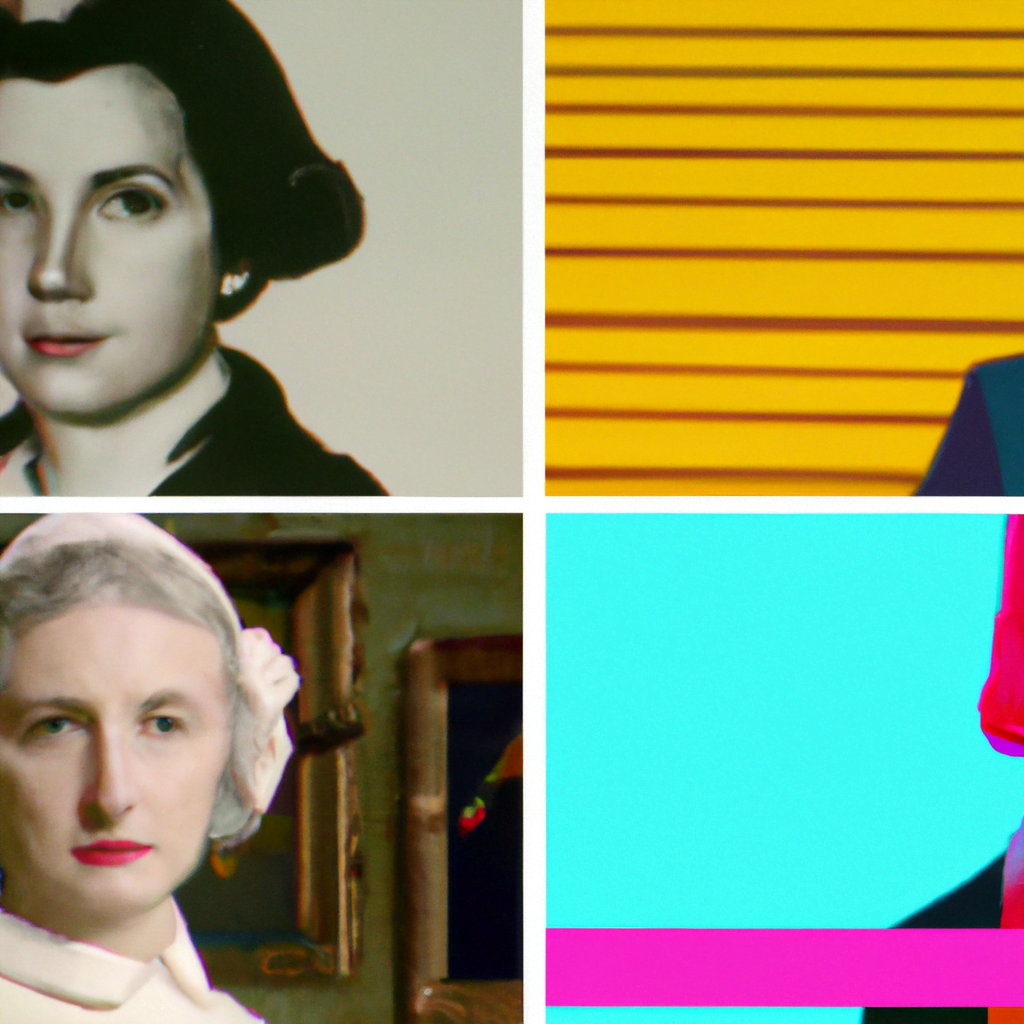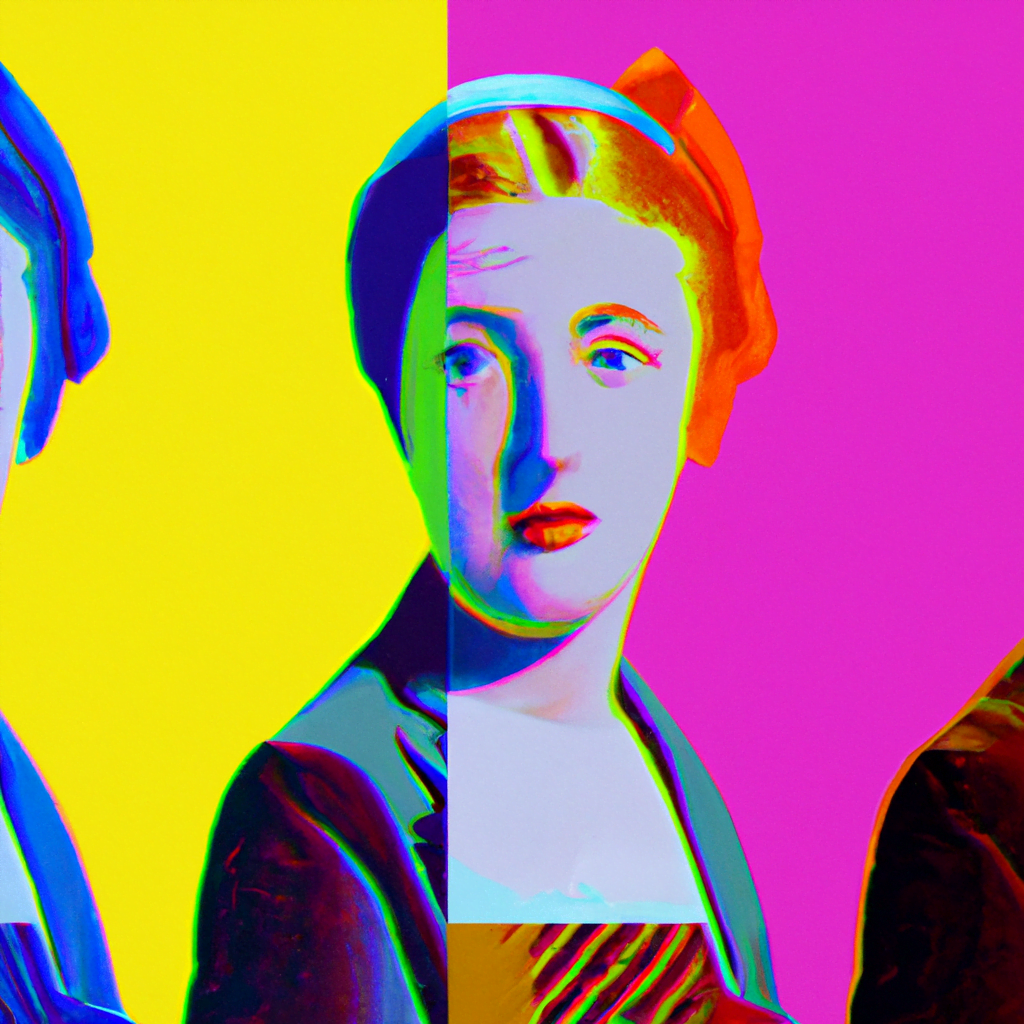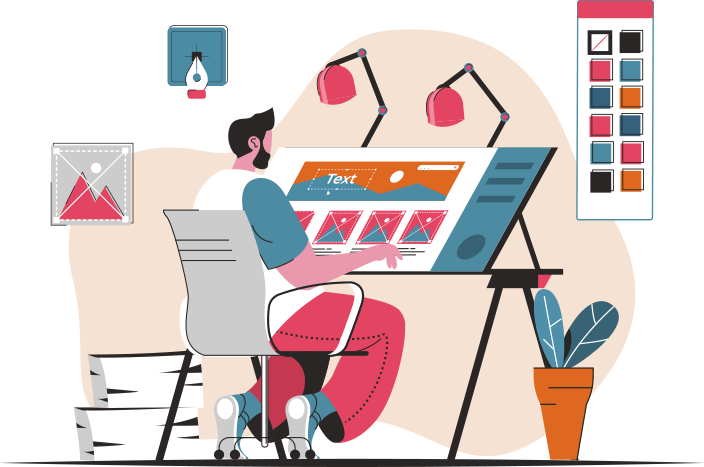
AI-Enabled Design Automation for Marketing Collateral

In today’s digital age, marketing collateral plays a crucial role in attracting and engaging customers. From brochures and flyers to social media graphics and website banners, businesses rely on visually appealing designs to communicate their brand message effectively. However, creating high-quality marketing collateral can be a time-consuming and expensive process. This is where AI-enabled design automation comes into play, revolutionizing the way businesses create and manage their marketing materials.
The Power of AI in Design Automation
Artificial Intelligence (AI) has made significant advancements in recent years, and its impact on various industries is undeniable. When it comes to design automation, AI algorithms can analyze vast amounts of data, learn from patterns, and generate designs that align with a brand’s identity and target audience. By leveraging AI, businesses can streamline their design processes, reduce costs, and improve overall efficiency.
Benefits of AI-Enabled Design Automation
1. Time and Cost Savings: AI-powered design automation eliminates the need for manual design creation, reducing the time and effort required to produce marketing collateral. This allows businesses to allocate their resources more efficiently and focus on other critical tasks.
2. Consistency and Branding: Maintaining a consistent brand image across all marketing materials is essential for building brand recognition and trust. AI algorithms can ensure that design elements, such as colors, fonts, and logos, are consistently applied, resulting in cohesive and professional-looking collateral.
3. Personalization at Scale: AI can analyze customer data and preferences to create personalized marketing collateral. By tailoring designs to individual customers or specific target segments, businesses can enhance customer engagement and increase conversion rates.
4. Faster Iterations and A/B Testing: AI-powered design automation enables businesses to quickly iterate and test different design variations. This allows for data-driven decision-making, as marketers can analyze the performance of different designs and optimize their marketing collateral accordingly.
Real-World Examples
Several companies have already embraced AI-enabled design automation to enhance their marketing efforts. Let’s explore a few notable examples:
1. Canva
Canva, a popular online design tool, utilizes AI algorithms to simplify the design process for non-designers. With its drag-and-drop interface and pre-designed templates, Canva allows users to create professional-looking marketing collateral effortlessly. The AI-powered platform suggests design elements, layouts, and color schemes based on user preferences, making it easier for businesses to create visually appealing designs.
2. Adobe Sensei
Adobe Sensei, the AI and machine learning framework developed by Adobe, offers various design automation features. For instance, Adobe Sensei can automatically remove backgrounds from images, intelligently crop photos, and suggest font pairings based on the content of the design. These AI-powered capabilities save designers time and effort, enabling them to focus on more creative aspects of the design process.
3. Tailor Brands
Tailor Brands is an AI-powered branding platform that helps businesses create their brand identity. By analyzing user input and preferences, Tailor Brands generates logos, social media graphics, and other marketing collateral that align with the brand’s personality and target audience. This AI-driven approach allows businesses to establish a strong and consistent brand image without the need for extensive design expertise.
Case Studies
Let’s dive deeper into two case studies that highlight the effectiveness of AI-enabled design automation:
1. Coca-Cola
Coca-Cola, one of the world’s most recognizable brands, implemented AI-powered design automation to enhance its marketing collateral creation process. By leveraging AI algorithms, Coca-Cola was able to generate personalized designs for its customers at scale. The company analyzed customer data, such as demographics and purchase history, to create customized packaging and promotional materials. This approach resulted in increased customer engagement and higher sales.
2. Airbnb
Airbnb, a global hospitality marketplace, utilized AI-enabled design automation to improve the efficiency of its design team. By automating repetitive design tasks, such as resizing images and creating localized marketing materials, Airbnb’s designers were able to focus on more strategic and creative projects. This not only saved time but also allowed the design team to deliver high-quality marketing collateral consistently.
The Future of AI-Enabled Design Automation
As AI continues to advance, the possibilities for design automation are endless. Here are some potential future developments:
1. Enhanced Design Recommendations
AI algorithms will become even more sophisticated in understanding user preferences and generating design recommendations. By analyzing vast amounts of data, including social media interactions and browsing behavior, AI can provide highly personalized design suggestions tailored to individual users.
2. Voice-Activated Design Creation
With the rise of voice assistants and smart devices, AI-enabled design automation could incorporate voice commands for creating and editing marketing collateral. This would further simplify the design process and make it accessible to a wider range of users.
3. Augmented Reality (AR) Integration
AI-powered design automation could integrate with AR technology, allowing businesses to visualize and test their marketing collateral in real-world environments. This would enable marketers to assess the impact of their designs and make necessary adjustments before finalizing the materials.
Summary
AI-enabled design automation is transforming the way businesses create and manage their marketing collateral. By leveraging AI algorithms, businesses can save time and costs, maintain brand consistency, personalize designs at scale, and iterate faster through A/B testing. Real-world examples, such as Canva, Adobe Sensei, and Tailor Brands, demonstrate the effectiveness of AI in design automation. Case studies from Coca-Cola and Airbnb further highlight the positive impact of AI-enabled design automation on customer engagement and design team efficiency. As AI continues to evolve, the future of design automation holds exciting possibilities, including enhanced design recommendations, voice-activated design creation, and AR integration. Embracing AI in design automation is no longer a luxury but a necessity for businesses looking to stay competitive in the digital landscape.
